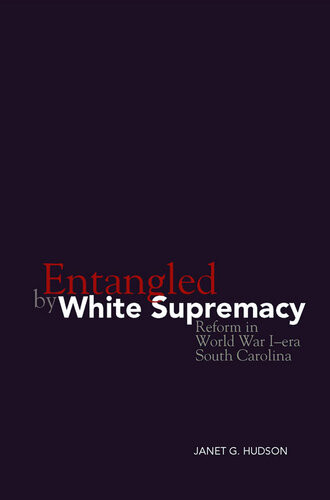

Most ebook files are in PDF format, so you can easily read them using various software such as Foxit Reader or directly on the Google Chrome browser.
Some ebook files are released by publishers in other formats such as .awz, .mobi, .epub, .fb2, etc. You may need to install specific software to read these formats on mobile/PC, such as Calibre.
Please read the tutorial at this link: https://ebookbell.com/faq
We offer FREE conversion to the popular formats you request; however, this may take some time. Therefore, right after payment, please email us, and we will try to provide the service as quickly as possible.
For some exceptional file formats or broken links (if any), please refrain from opening any disputes. Instead, email us first, and we will try to assist within a maximum of 6 hours.
EbookBell Team

4.1
40 reviewsDespite its significance in world and American history, the World War I era is seldom identified as a turning point in southern history, as it failed to trigger substantial economic, political, or social change in the South. Yet in 1917, black and white reformers in South Carolina saw their world on the brink of momentous change. In a state politically controlled by a white minority, the war era incited oppositional movements. As South Carolina's economy benefited from the war, white reformers sought to use their newfound prosperity to better the state's education system and economy and to provide white citizens with a better standard of living. Black reformers, however, channeled the feelings of hope instilled by a war that would "make the world safe for democracy" into efforts that challenged the structures of the status quo. In Entangled by White Supremacy: Reform in World War I—era South Carolina, historian Janet G. Hudson examines the complex racial and social dynamics at play during this pivotal period of U.S. history. With critical study of the early war mobilization efforts, public policy debates, and the state's political culture, Hudson illustrates how the politics of white supremacy hindered the reform efforts of both white and black activists. The World War I period was a complicated time in South Carolina — an era of prosperity and hope as well as fear and anxiety. As African Americans sought to change the social order, white reformers confronted the realization that their newfound economic opportunities could also erode their control. Hudson details how white supremacy formed an impenetrable barrier to progress in the region. Entangled by White Supremacy explains why white southerners failed to construct a progressive society by revealing the incompatibility of white reformers' twin goals of maintaining white supremacy and achieving progressive reform. In addition, Hudson offers insight into the social history of South Carolina and the development of the state's crucial role in the civil rights era to come.